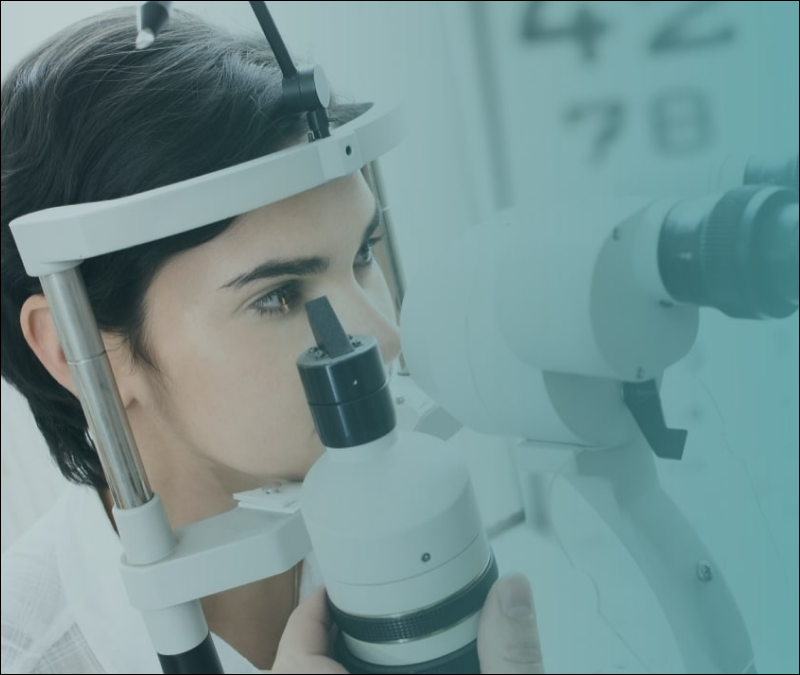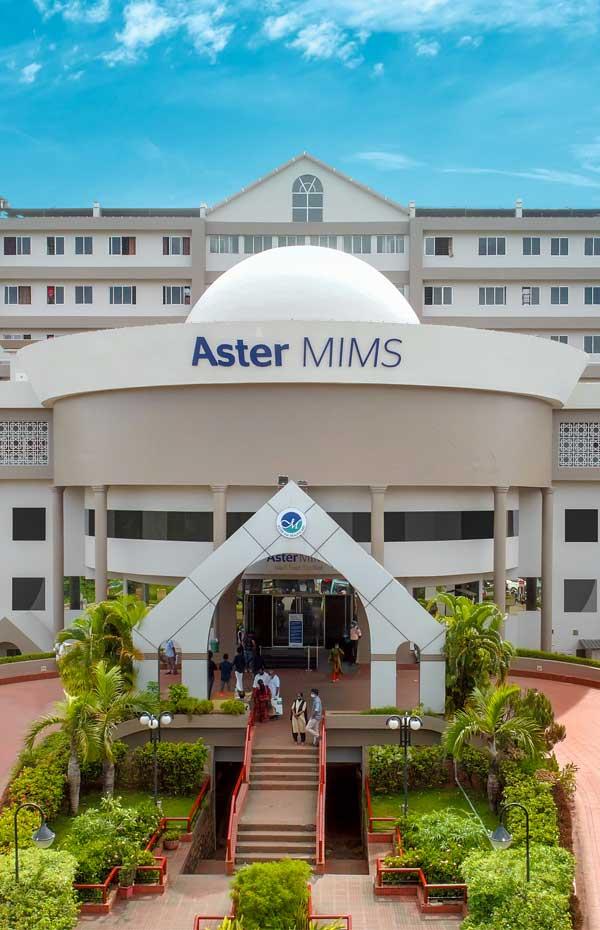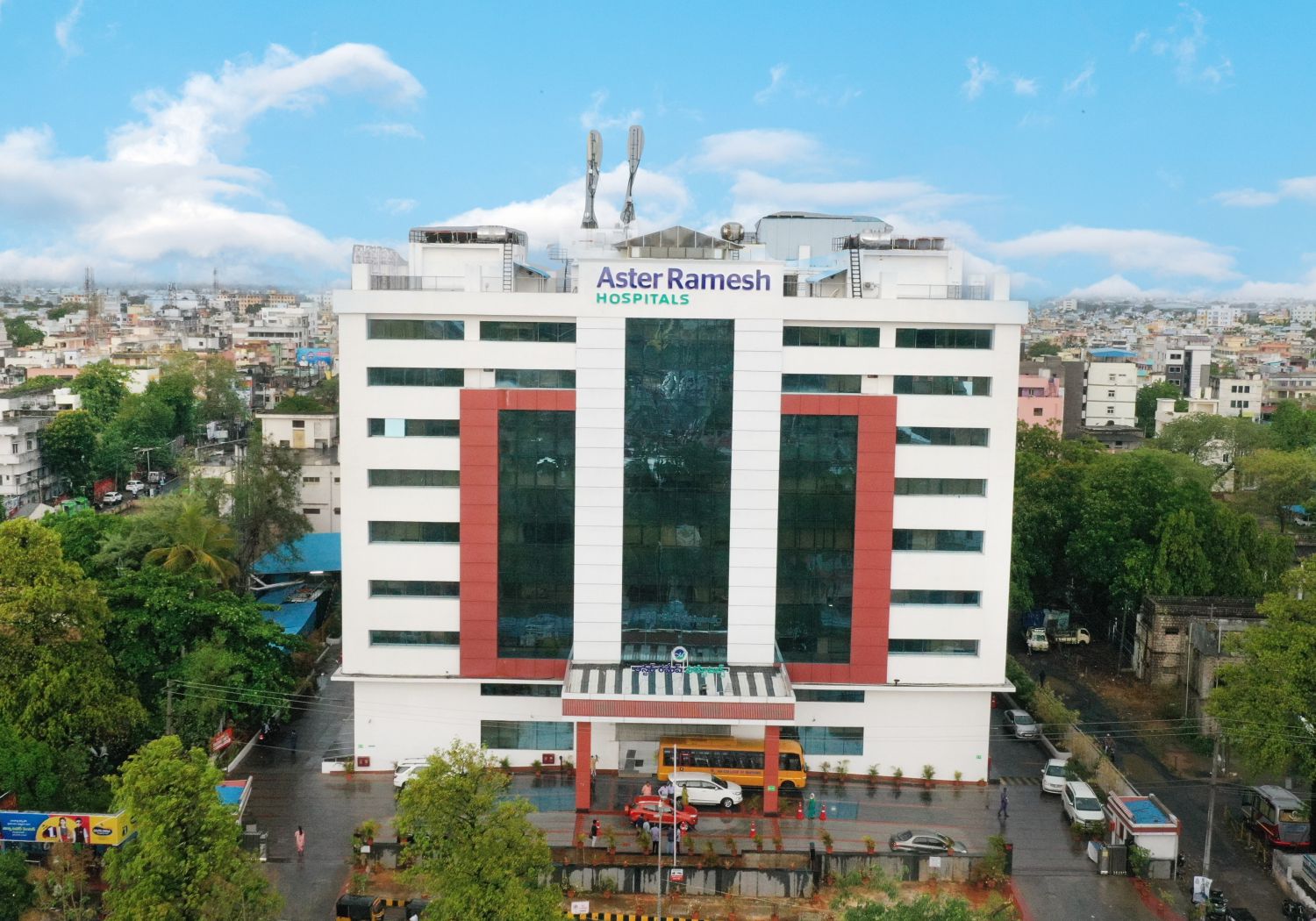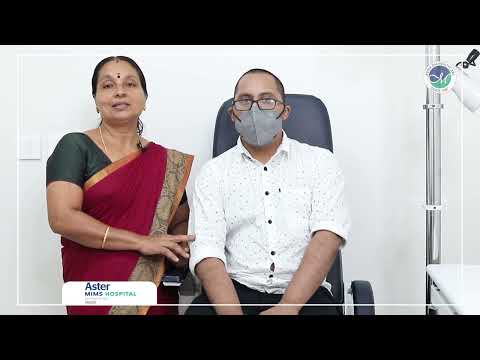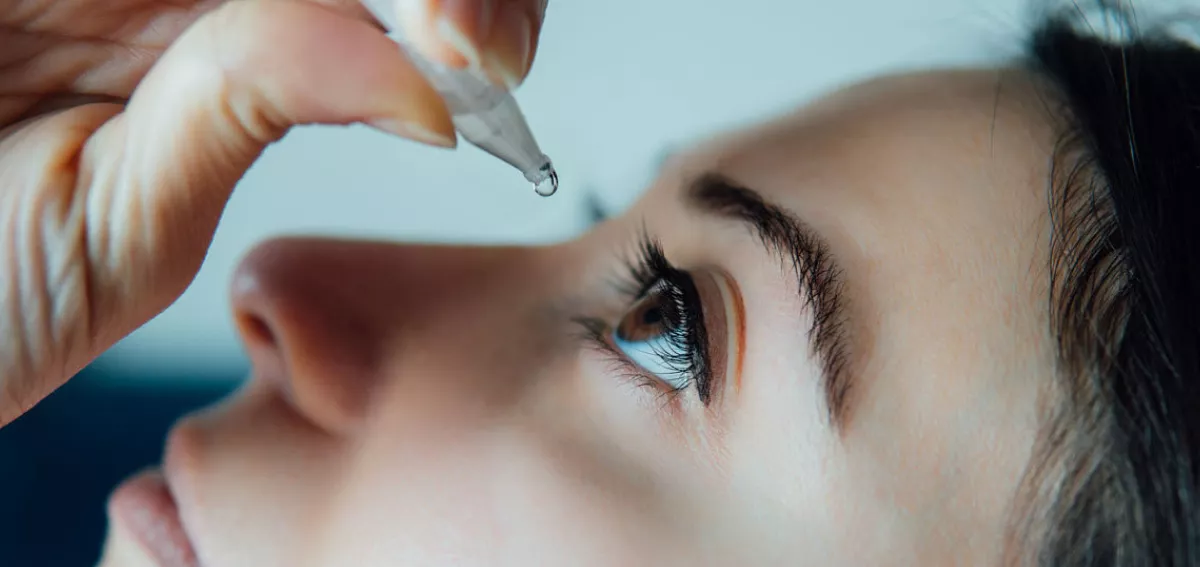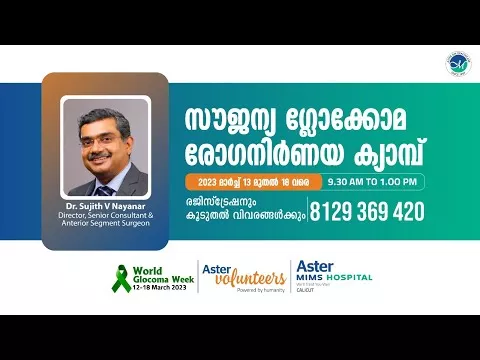The department of Ophthalmology in Aster Hospital provides a well-equipped facility for the complete examination, diagnosis, and treatment (both medically and surgically) of all ocular diseases in both adult and paediatric patients. The department is comprised of a dedicated and well-qualified team of healthcare professionals with excellent support from nursing and administrative staff. We provide the best treatment for all types of retinal diseases.
Our Doctors
We have some of the best specialists from around the world, they bring years of experience and offer evidence-based treatment to ensure the best care for you.
Patient Stories
Our patients are our best advocates, hear the inspiring stories of their treatment journey
Blogs
The source of trustworthy health and medical information. Through this section, we provide research-based health information, and all that is happening in Aster Hospital.

